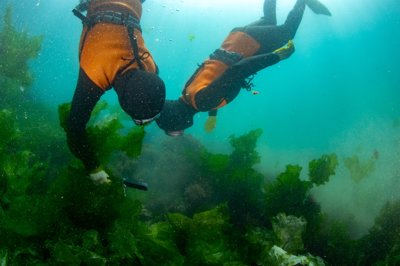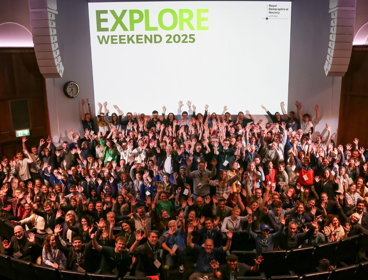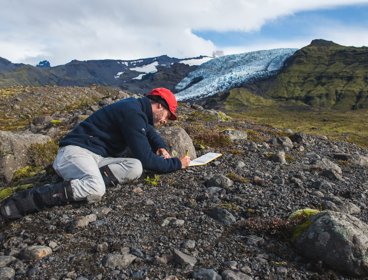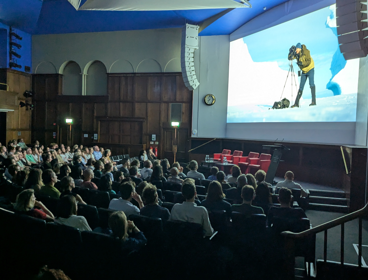The Society’s is offered each year to an experienced researcher leading an expedition in an aquatic environment. This includes the study of coral reefs, rivers, lakes and shallow seas, and the project must be of value to to the host country and local community.
This year’s Ralph Brown Expedition Award recipient, Professor Niki Alsford, travelled to the Jeju Island of South Korea, exploring the repercussions of climate change on reef systems there. Niki met with Haenyeo divers, a community of women who make their livelihood by harvesting sea life including kelp, molluscs and seaweed from coral reefs by free diving, without the use of modern technology.
During April and May 2024, Niki worked alongside the community of divers to try to help answer some of the key questions Haenyeo communities are facing today around their changing environment, and to better understand how science and local knowledge can work together. By taking photographs and 3D scans of the coral reefs, Niki and the team were able to produce a snapshot of the reefs’ present condition, including the identification of new coral species and newly appearing white fungus, and the implications this has for harvest.
A key element of Niki’s project was to provide the Haenyeo divers with the scientific data to go alongside their own wealth of knowledge, imagery and documentation, and to enable them to speak with authority on how their environment is being impacted by increasing pressures of tourism and pollution.
The combination of Niki’s scientific data, which he obtained from working with marine biologists at the National Taiwan University and Liverpool University, and the Haenyeo divers’ own knowledge, was at the heart of this project, fostering a unique synergy between Haenyeo traditional knowledge and scientific baseline monitoring.
If you are interested in leading a research expedition working in an aquatic environment, there is still some time left to apply for the . The deadline is Saturday 23 November.



